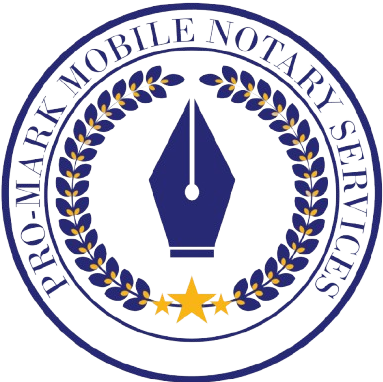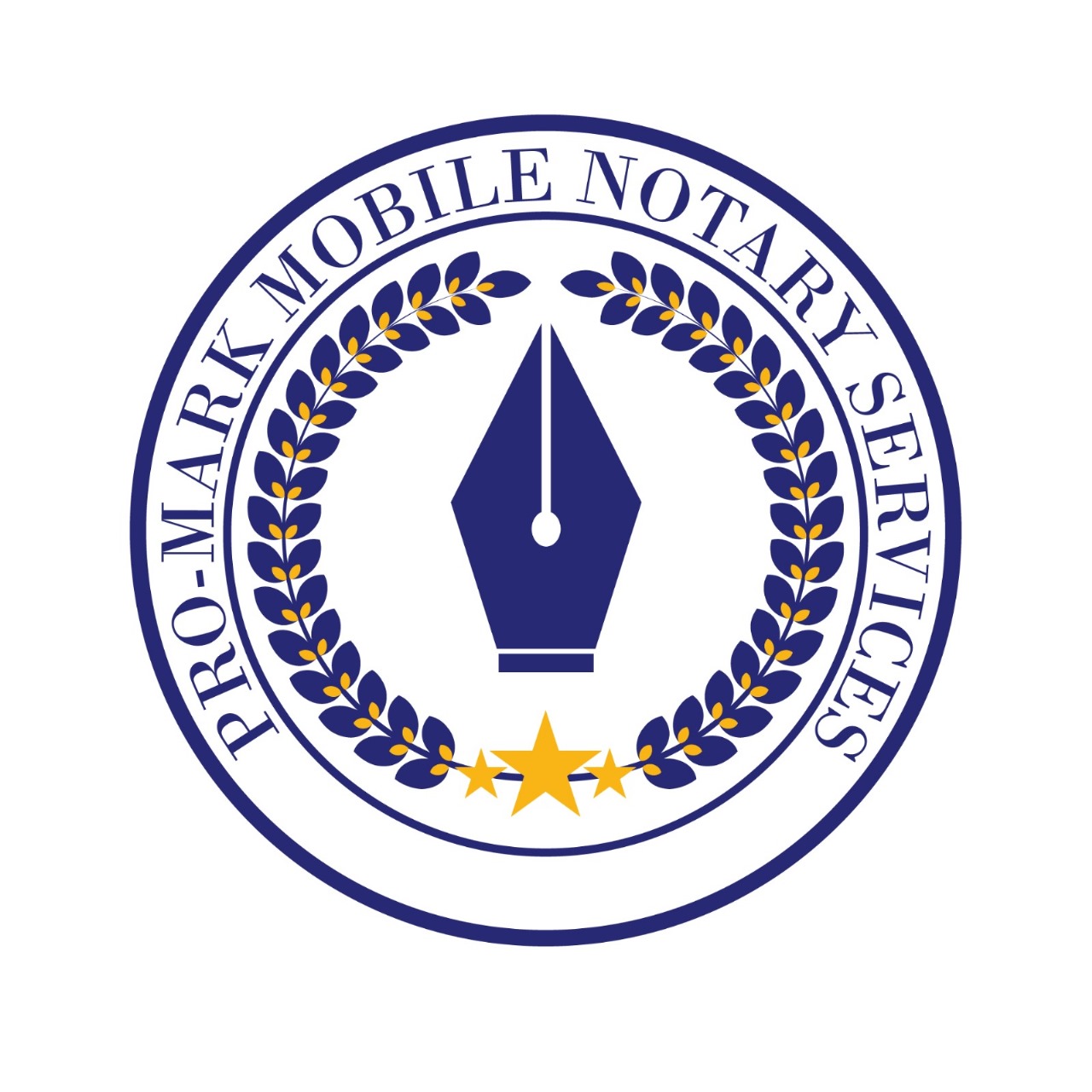How Can a MN Notary Help Protect Against Fraud?
Fraud is a pervasive problem in our society, affecting individuals, businesses, and institutions. As we increasingly rely on digital transactions and remote interactions, the risk of fraud continues to grow. In this landscape, the role of notaries, particularly those in Minnesota (MN), becomes crucial in safeguarding against fraudulent activities. MN notary, through their legal authority and responsibilities, provide a critical line of defense by ensuring the authenticity of documents and the identities of those involved in various transactions. The Role of a Notary Public Definition and Duties A notary public is an official appointed by the state government to serve as an impartial witness in the signing of important documents. The primary duties of a notary include: Verifying the identity of signers: Ensuring that individuals signing a document are who they claim to be is crucial in preventing fraud. Notaries play a key role in this process by verifying the identities of all signers through thorough checks of identification documents. This verification step helps to maintain the integrity of the document, providing assurance that the signers are indeed the individuals they represent themselves to be, thereby reducing the risk of fraudulent activities. Witnessing signatures: Observing the signing of documents ensures that the process is carried out willingly and knowingly. This crucial step verifies the signer’s identity and their understanding of the document’s content. By witnessing the signature, any potential fraud or coercion is mitigated, providing legal assurance and protection for all parties involved. This practice upholds the integrity of legal and financial transactions, fostering trust and transparency. Administering oaths and affirmations: Conducting sworn statements or declarations involves having an individual provide a formal, legally binding statement of facts under oath. This process ensures that the information given is truthful and can be used as evidence in legal proceedings. Typically, a notary public or other authorized official administers the oath, verifies the identity of the declarant, and witnesses the signing of the document. Sworn statements are crucial in maintaining the integrity and accuracy of legal records and proceedings. Recording notarizations: Keeping detailed records of all notarizations performed is crucial for maintaining the integrity and accountability of the notary public’s role. These records serve as an official log of services rendered, providing a clear history that can be referenced in case of disputes or legal inquiries. Meticulously maintained records help prevent fraud and ensure compliance with legal requirements, thus protecting both the notary and their clients. Certifying copies: Attesting that a copy of a document is a true and accurate reproduction of the original. Legal Authority and Responsibilities Notaries in Minnesota, like in other states, derive their authority from state law. They must adhere to strict guidelines and procedures to maintain the integrity of the notarization process. This legal framework helps ensure that notaries act with impartiality, accuracy, and diligence, thereby fostering trust in the documents they notarize. How Notaries Protect Against Fraud Identity Verification One of the primary ways notaries protect against fraud is through rigorous identity verification. Before notarizing a document, an MN notaries must verify the identity of the signer(s) using acceptable forms of identification, such as a driver’s license, passport, or other government-issued ID. This step is crucial in preventing identity theft and ensuring that the person signing the document is genuinely who they claim to be. Deterring Forgery The presence of a notary acts as a strong deterrent against forgery. By requiring individuals to sign documents in front of a notary and verifying their identity, the likelihood of forged signatures is significantly reduced. Additionally, notaries often use a stamp or seal on the document, which further enhances its authenticity and makes it more difficult to alter or counterfeit. Ensuring Informed Consent A notary’s role also involves ensuring that signers understand the contents of the document they are signing and are doing so willingly. This aspect of notarization is vital in preventing cases of coercion, undue influence, or misunderstanding, which can lead to fraudulent activities. By confirming that signers are fully aware of what they are agreeing to, notaries help uphold the integrity of the transaction. Maintaining Detailed Records MN notaries are required to maintain a journal of all notarizations performed. This journal includes detailed information about each notarization, such as the date, type of document, names of the parties involved, and the method of identity verification used. These records serve as a valuable resource for verifying the validity of notarizations and can be used as evidence in legal proceedings if fraud is suspected. Certifying Copies Notaries can also protect against fraud by certifying copies of important documents. When a notary certifies a copy, they attest that it is a true and accurate reproduction of the original document. This certification helps prevent the use of altered or counterfeit documents in various transactions, thereby reducing the risk of fraud. Challenges and Limitations Risk of Human Error Despite the safeguards put in place, notaries are human and can make mistakes. Errors in identity verification, record-keeping, or document authentication can potentially lead to fraudulent activities slipping through the cracks. Continuous training and adherence to best practices are essential to minimize these risks. Fraudulent Notaries In rare cases, notaries themselves may engage in fraudulent activities, either intentionally or due to coercion. It is crucial for state authorities to conduct thorough background checks and monitor the activities of notaries to prevent such occurrences. Reporting mechanisms should also be in place to allow individuals to report suspicious or unethical behavior by notaries. Technological Challenges While technology offers many benefits for notary services, it also presents challenges. Implementing and maintaining secure e-notarization and RON platforms require significant investment and technical expertise. Additionally, there is a need for standardized regulations and guidelines to ensure the consistent and secure use of these technologies across different states and jurisdictions.







